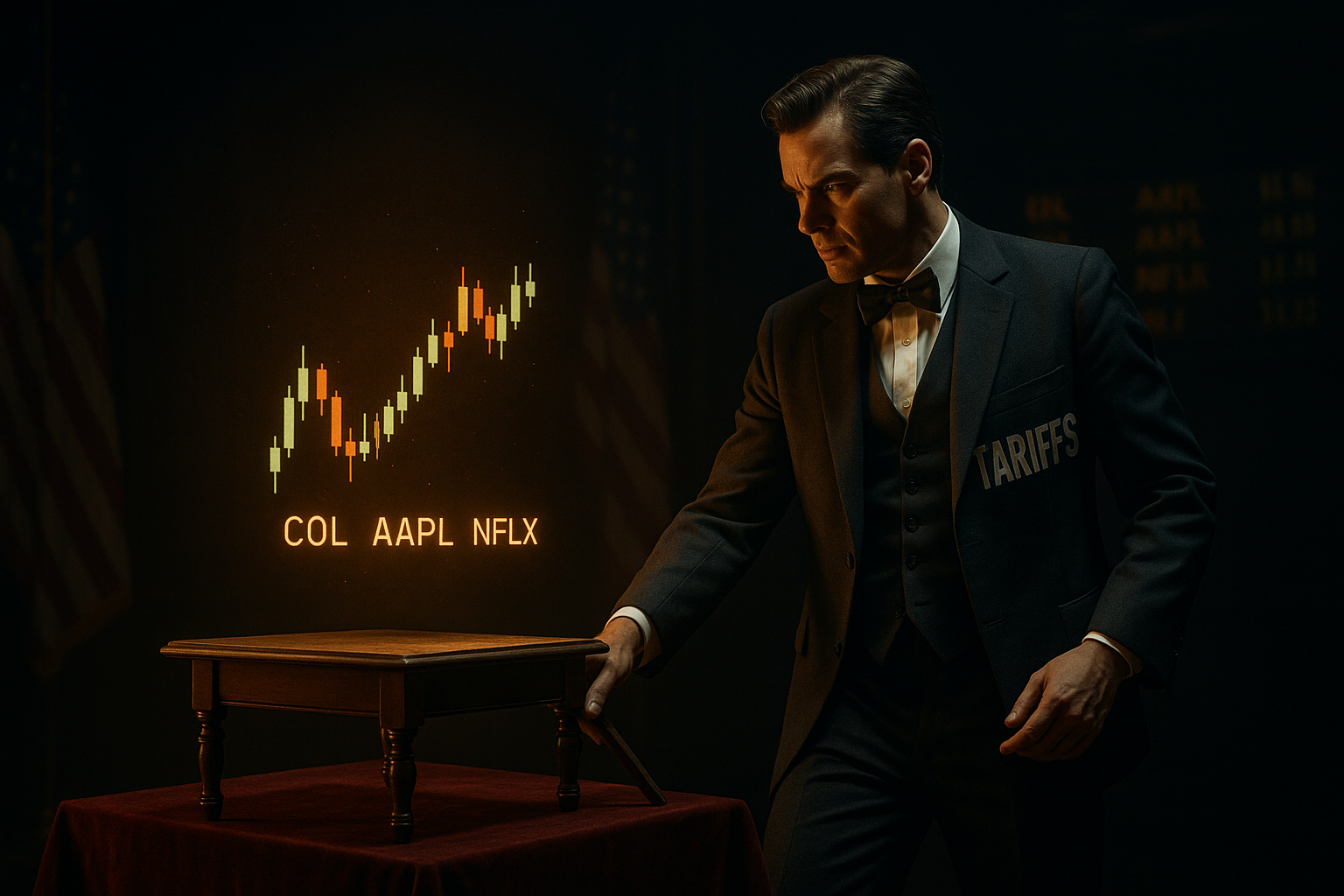I remember sitting in an economics lecture hall my sophomore year when the professor declared with absolute certainty: "Tariffs are always destructive to economic growth." Everyone nodded. I nodded too. It seemed so... obvious.
Twenty years later, I'm not so sure anymore.
When Trump slapped those tariffs on Chinese goods back in 2018, the financial press went absolutely ballistic. My inbox filled with analyst notes predicting everything from mild recession to full economic apocalypse. The consensus was overwhelming: this was economic malpractice of the highest order.
But then something funny happened. The apocalypse never arrived.
Look, I'm not saying tariffs don't have real costs. They do. Prices rise. Supply chains get disrupted. Trading partners retaliate. All true. But the conversation around tariffs has become so simplistic, so dogmatic, that we're missing the forest for the trees.
I've spent the last three months talking to people in former manufacturing hubs across Pennsylvania and Ohio. Not economists or policy wonks—actual people living with the aftermath of deindustrialization. And let me tell you, they're not impressed with textbook theories about comparative advantage.
"My dad made enough at the mill to own a house, two cars, and send three kids to college," James Kowalski told me as we walked through his neighborhood in Aliquippa. "I've got two jobs and can barely make rent. But sure, tell me again how much cheaper my TV is now."
The problem with our tariff debate? We're asking the wrong questions.
Instead of "Do tariffs raise prices?" (they do), we should be asking "What's the true cost of hollowing out our industrial capacity?" and "How do we balance short-term consumer benefits against long-term strategic interests?"
Because here's what the spreadsheet jockeys miss: economic dislocation isn't just about GDP figures. When a factory town loses its economic anchor, the ripple effects are devastating—and they don't show up neatly in quarterly reports.
Property values collapse. Tax bases erode. Schools deteriorate. Social problems multiply. A community that took generations to build can unravel in a decade.
(I saw this firsthand in Youngstown, where even the hospital—usually the employer of last resort in these situations—was struggling due to the declining population and rising poverty rates.)
Strategic considerations matter too. The pandemic showed us what happens when you outsource critical supply chains to geopolitical competitors. Remember scrambling for masks in March 2020? That wasn't just an economic inconvenience—it cost lives.
Smart tariff policy isn't about blocking trade or protecting inefficient industries indefinitely. It's about managing transitions, maintaining critical capacities, and ensuring that the benefits of globalization don't all flow to the top while the costs are dumped on communities least able to bear them.
Sometimes economic medicine tastes bitter going down but leaves the patient healthier in the long run.
The most frustrating part of this debate? The same financial analysts who lecture about the "inefficiency" of protecting manufacturing jobs never seem to apply this ruthless logic to their own industry. Wall Street gets bailouts; factory towns get lectures about creative destruction.
Funny how that works.
I'm not suggesting we seal ourselves off from global trade like some economic hermit kingdom. That would be madness. But there's a vast territory between unfettered free trade and isolationism.
The economist Dani Rodrik frames this perfectly: trade creates enormous aggregate benefits but concentrated losses. For decades, we've pocketed the benefits while telling the losers to adapt or die. Should we really be surprised that populism has filled the vacuum left by this callousness?
Next time someone gives you the standard line about tariffs being universally destructive, ask them if they've ever visited a former mill town. Some costs don't appear in economic models, but they're devastatingly real to the people bearing them.
Sometimes tariffs aren't the disease. They're the medicine.




